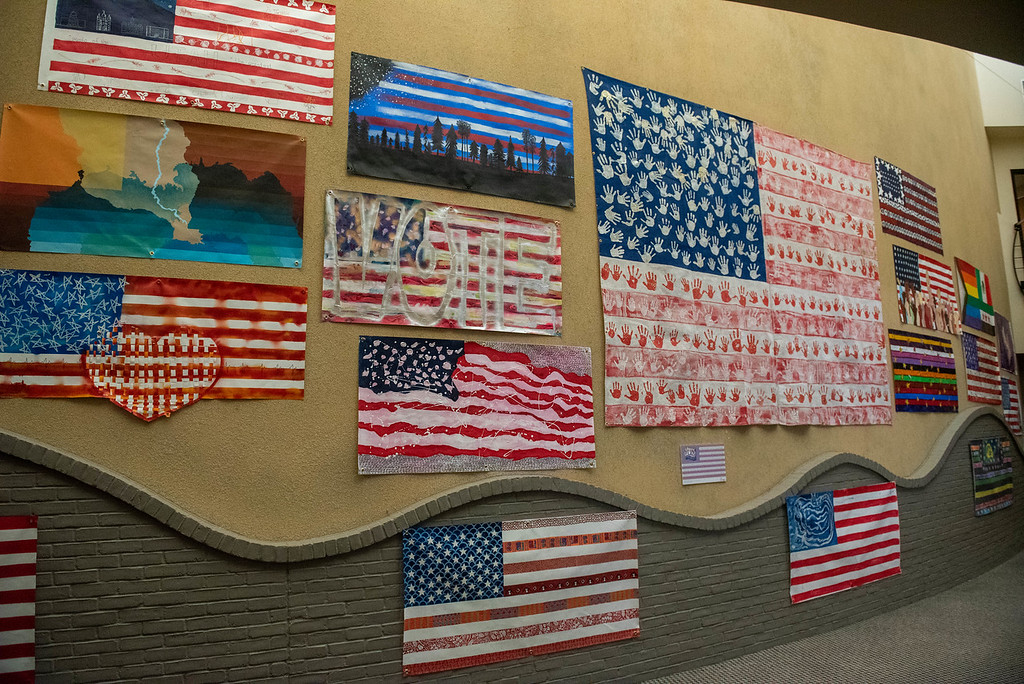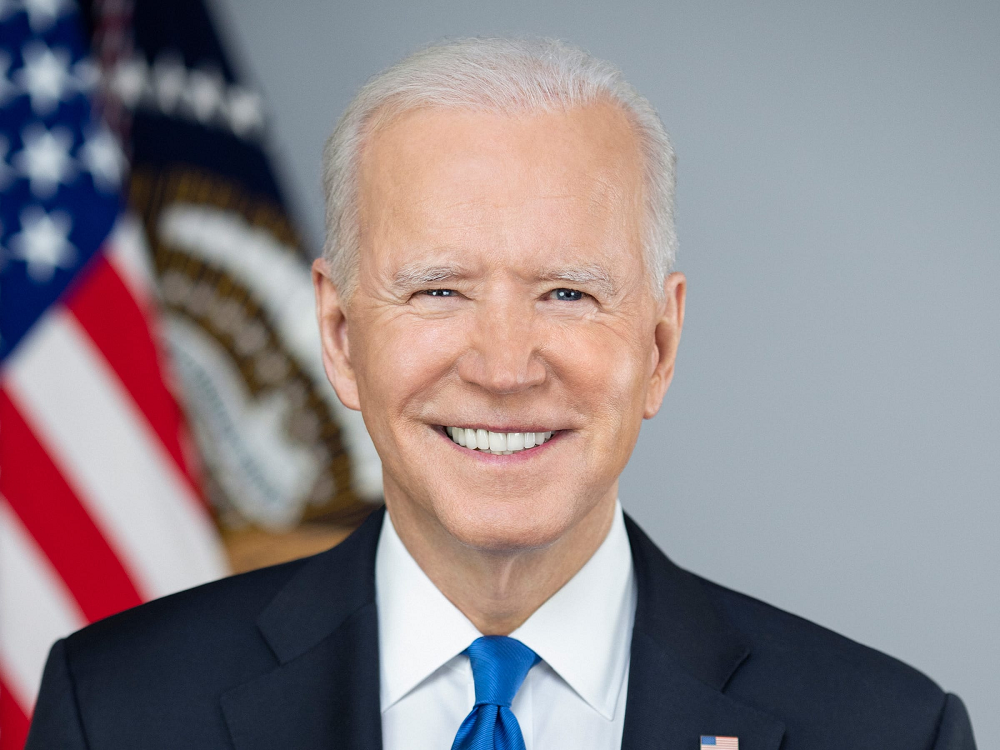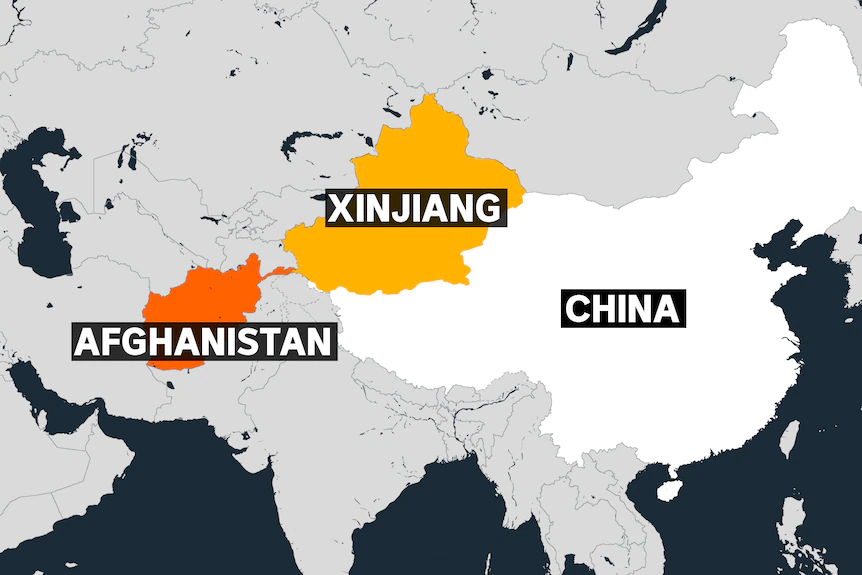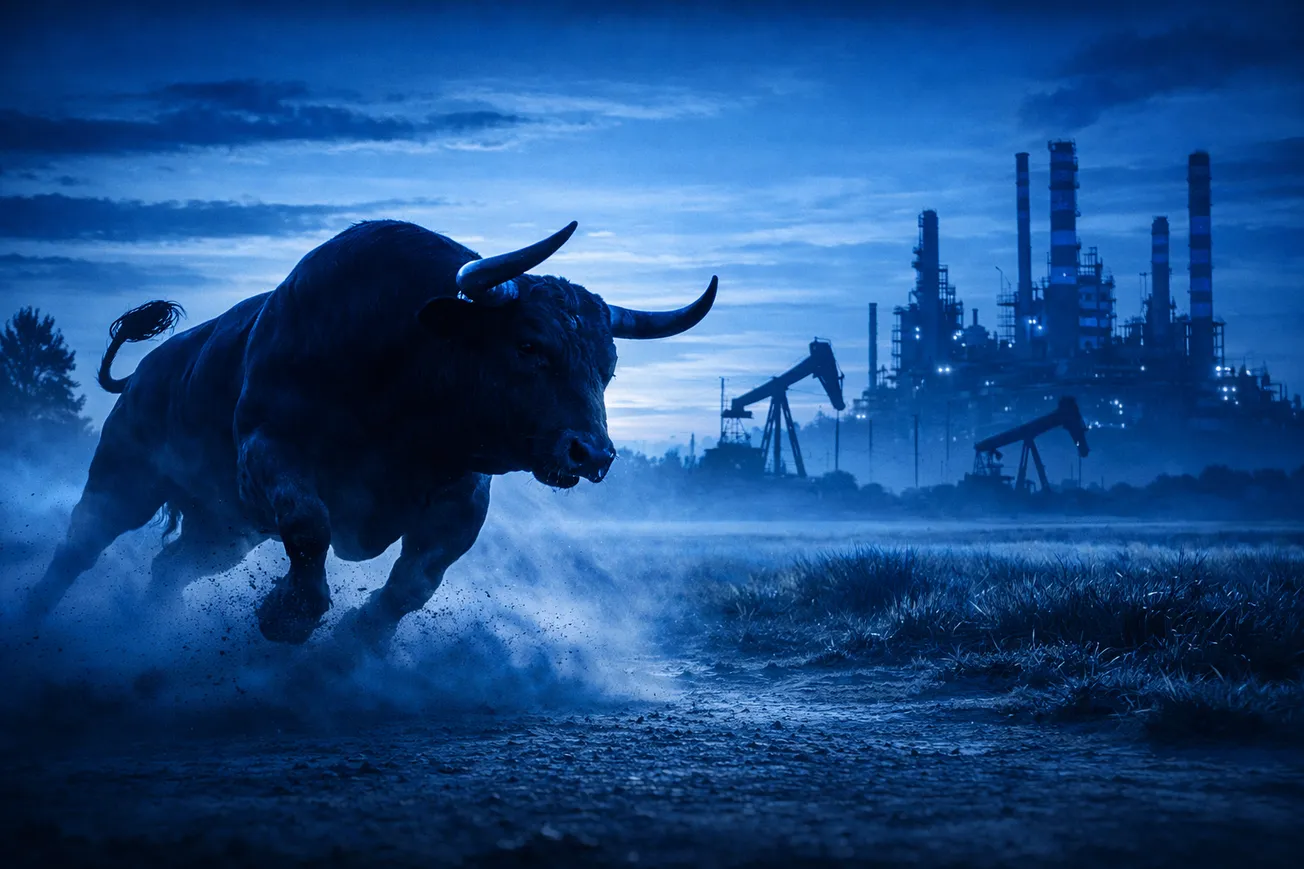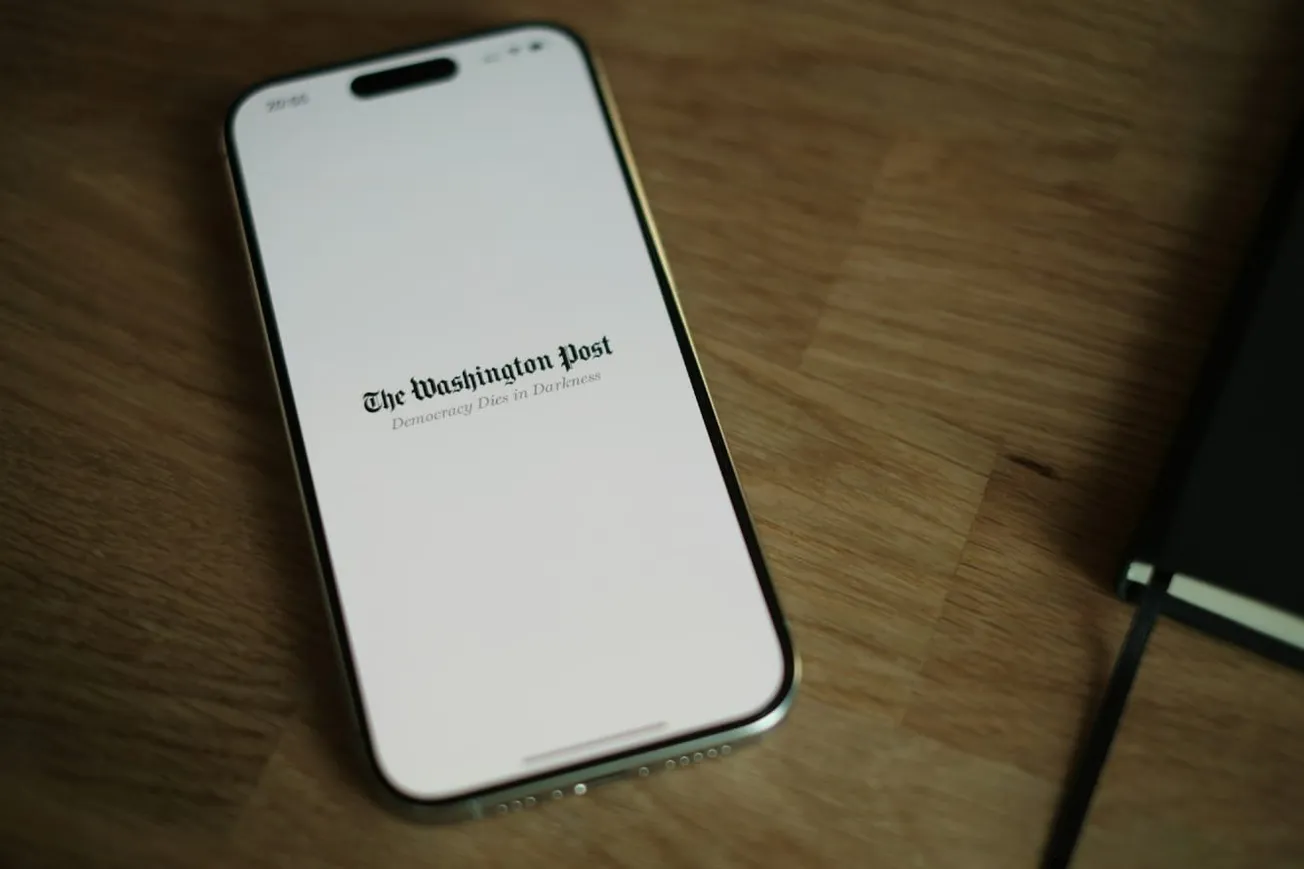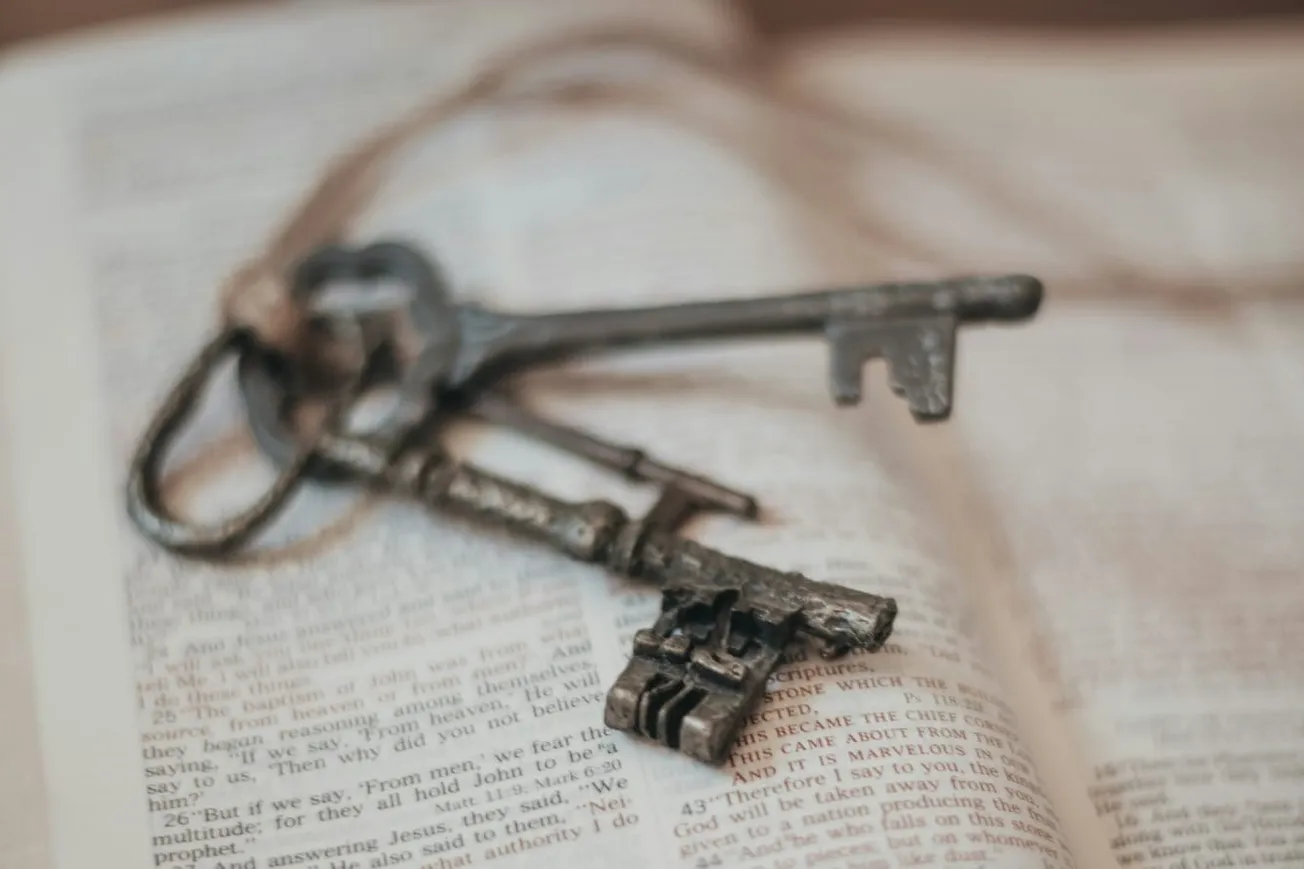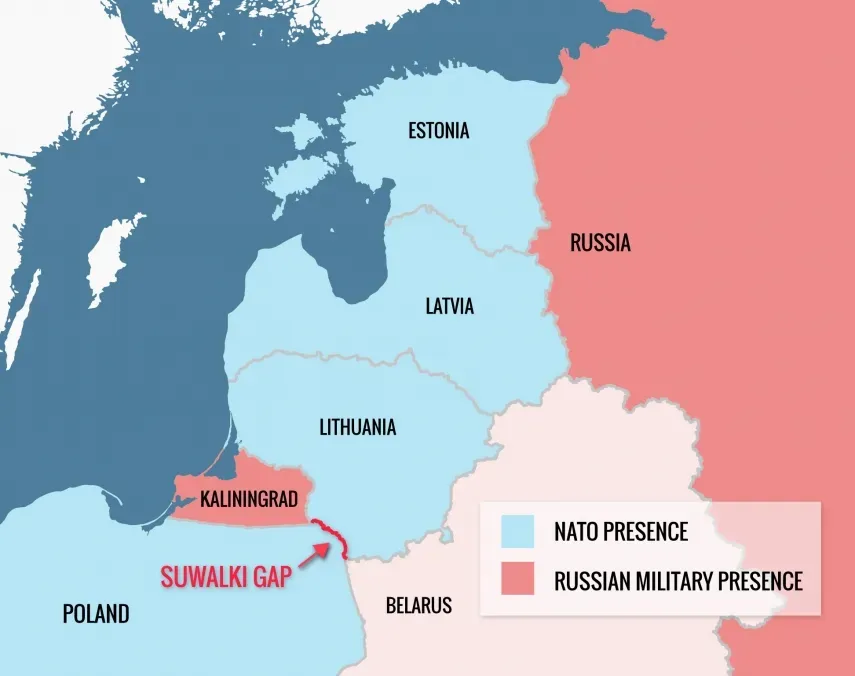Opinion
As Buckminster Fuller reminded us in his 1969 book "Operating Manual for Spaceship Earth," we only have one planet, and we all must do our individual part to see that it lasts as long as possible. While we cannot all buy electric cars tomorrow to reduce CO2 emissions, we can be more careful about the beverages we consume, or even the beverages we allow to be produced for that matter! Think about it, that wonderful head of white bubbles that appears when you pour that cold beer into your frosty glass on a hot afternoon is there because of the CO2 that was produced by the fermentation of mash in your beer. Every bubble that you watch rising to the top of your glass is then released directly into the atmosphere to help raise the temperature of our planet!
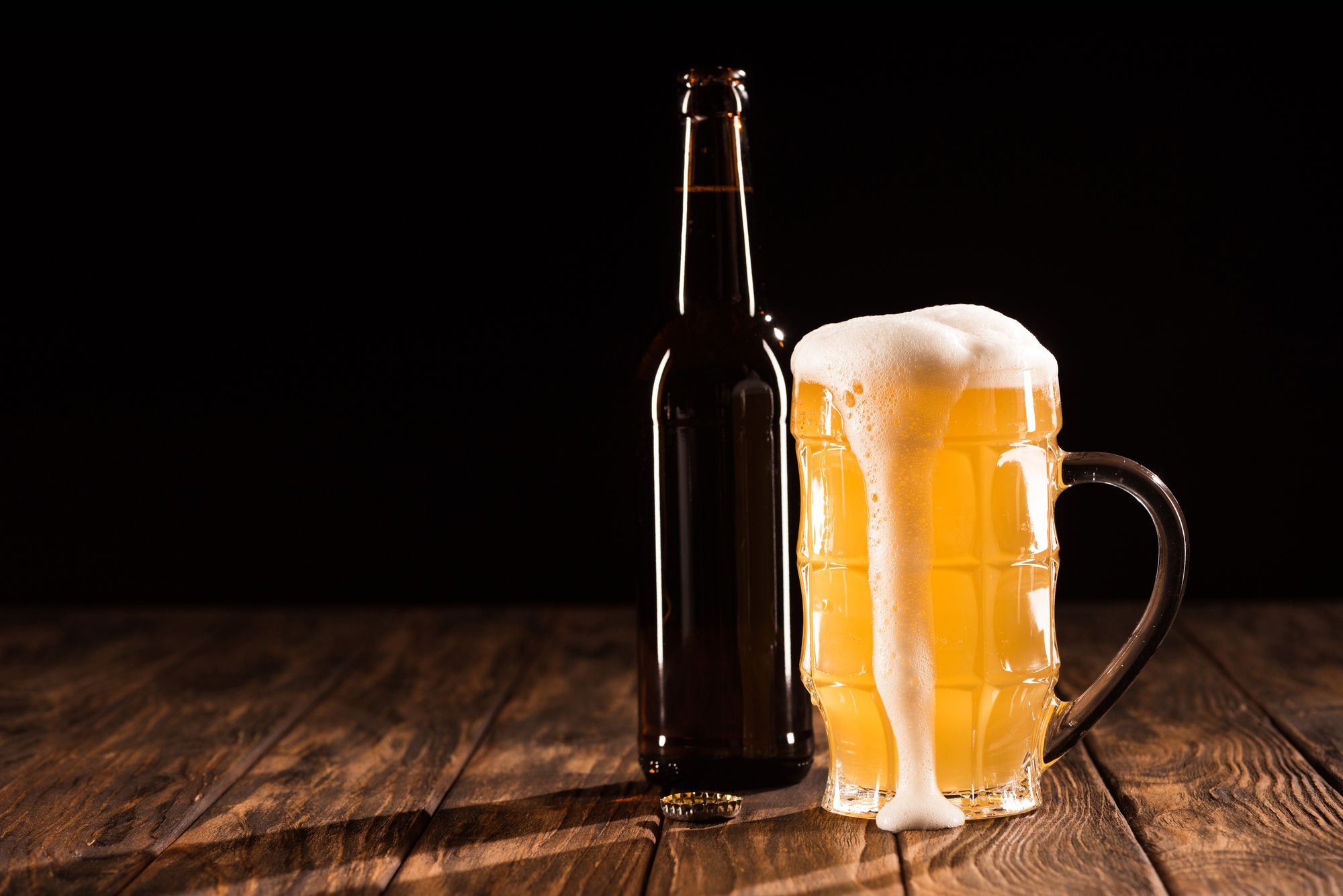
I am sorry to single out beer as the only offender in this category. The same type of fermentation-generated CO2 may be found coming to the top of your glass in Prosecco and Champagne as well. And at least these beverages can claim that it might just be an unintended consequence of their production chemistry!
And then there are the ever-popular soft drinks, or what we also call carbonated beverages. What carbonates those beverages? The CO2 that we add to the liquids in production so that they are vibrant and tasty when we open their cans or bottles! When they have been open for too long and have lost their fizz, we don't even like to drink them. We say they have gone flat and dump them down the drain. And where did that CO2 go, well right up into the atmosphere where it can trap more heat!

And for those of you who are not beer drinkers or soft drink lovers but prefer a good whisky, tequila, vodka, or other liquor... don't feel quite so smug. The process of fermentation is what created the alcohol in your favorite liquor also. The difference is the CO2 was allowed to escape before your liquor was put in the bottle! This is why there are no bubbles in your liquor of choice; it was released before it was ready for consumption.
Now, do I expect you are going to give up drinking immediately to save the planet from increasing that next 1.5 degrees Centigrade? I certainly do not! I raise this point to you just to make you see how many things we do every day have a potential impact on our climate. I am not actually suggesting that we outlaw beers and liquor. But those people who are so aggressively working to eliminate all fossil fuels may just decide to expand their reach when they read this article! Beer and all of its fermented and carbonated brothers could end up being deemed a threat to the environment.
Of course, you could point out how much less CO2 a can of soda or a bottle of beer releases than does a car. But next time you are in a supermarket or a liquor store, take a look at how many cans and bottles are on display and how fast they are selling. What they lack in volume, they make up for in numbers.
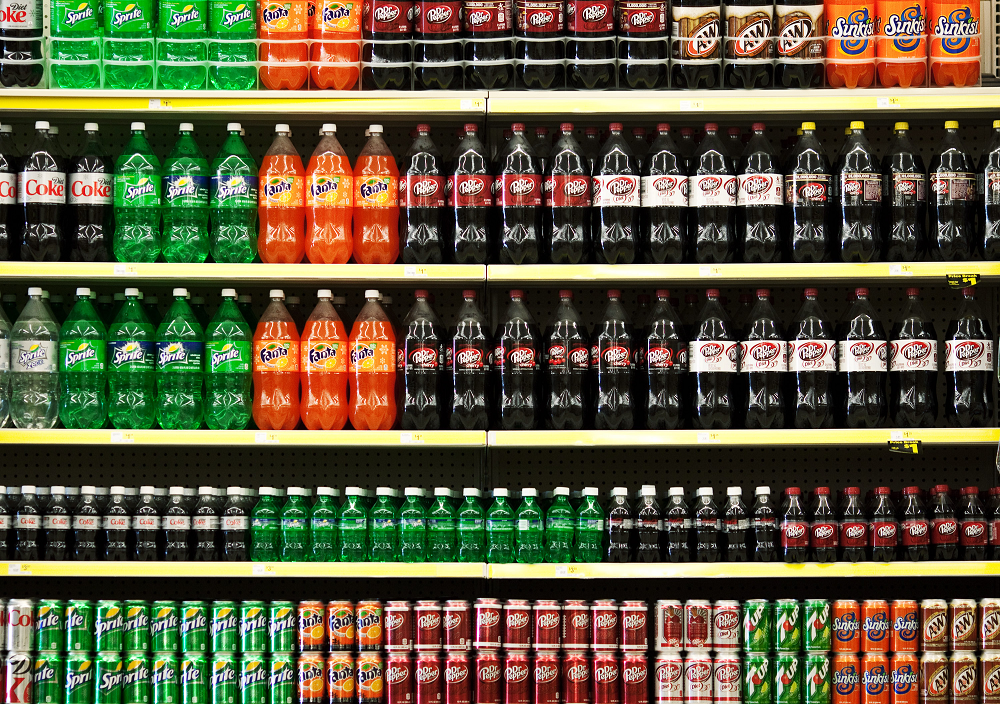
I'm not just writing this article just for fun or to be irreverent or dismissive about the challenges we all face in trying to preserve our climate and keep our planet in balance. I'm writing this because I believe it is important for all of us to think about our own behavior every day. Perhaps we should start asking ourselves a series of questions before we make our purchase decisions, both big and small:
- Do I really need the biggest TV, biggest washer, or largest refrigerator, or should I buy the most efficient one?
- Does it take a full-size SUV to get you and your family where you want to go?
- Can I handle all my shopping needs in two trips a week rather than one trip a day?
- Can I walk somewhere rather than driving?
- Does my air-conditioning really need to be set that low?
- Do I always turn out the lights in the room I am leaving?
- Can I put a timer on my outside lights?
- Do I really need "up-lighting on my trees"?
- And finally, do I follow the "if it's yellow, let it mellow" protocol!
Seriously, these are all things that can reduce your impact on the consumption of energy and the generation of CO2 and other greenhouse gases. If we agree that they are a threat to our existence, then we ought to agree to do something about them. Sometimes it does not require a huge outlay of money or other sacrifices, just a little more thought before you act. If you multiply the impact of all of these small decisions time the number of people on our planet, the results could be significant!
I don't know about you, but I would rather do things on my own to help make the world a better place than wait for any government to tell me what I have to do.
ICYMI
